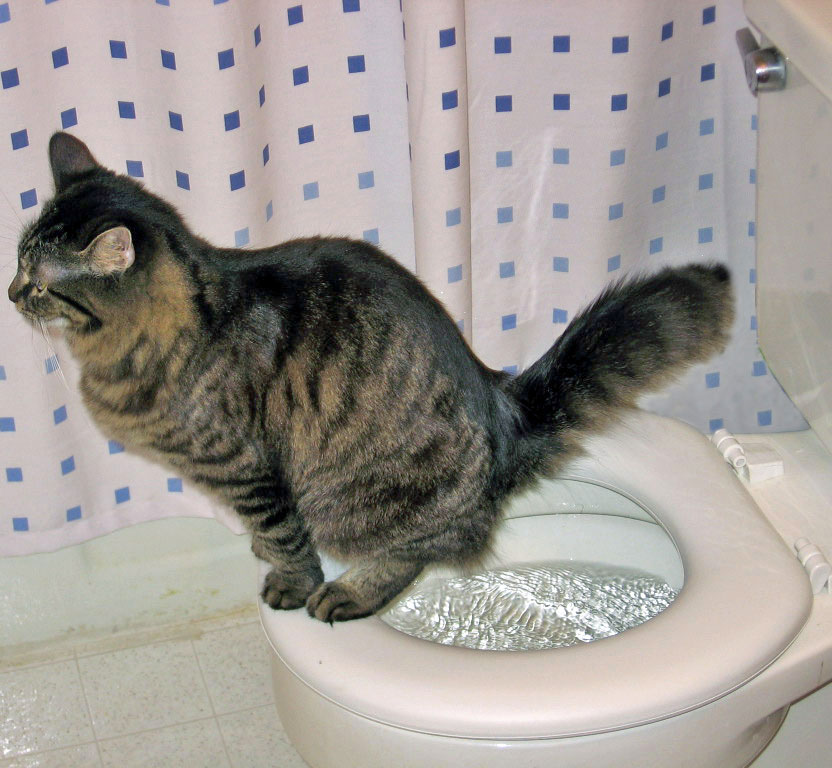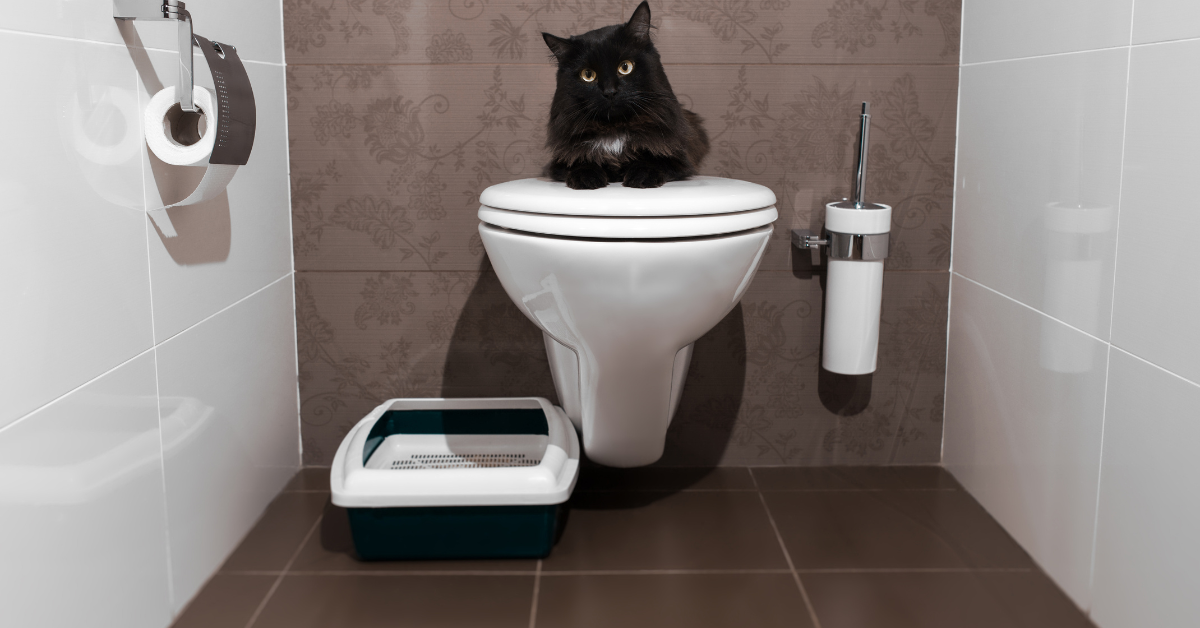How do you feel in relation to Can You Flush Cat Poo or Litter Down the Toilet??

Intro
As cat owners, it's vital to bear in mind how we get rid of our feline close friends' waste. While it may seem hassle-free to purge feline poop down the bathroom, this technique can have detrimental repercussions for both the environment and human health.
Alternatives to Flushing
Luckily, there are more secure and more responsible methods to take care of cat poop. Consider the following options:
1. Scoop and Dispose in Trash
One of the most typical technique of taking care of cat poop is to scoop it into a naturally degradable bag and throw it in the garbage. Make sure to make use of a committed clutter inside story and dispose of the waste promptly.
2. Use Biodegradable Litter
Opt for biodegradable cat litter made from products such as corn or wheat. These clutters are eco-friendly and can be securely taken care of in the garbage.
3. Hide in the Yard
If you have a lawn, take into consideration hiding pet cat waste in a marked area away from veggie yards and water resources. Make sure to dig deep sufficient to avoid contamination of groundwater.
4. Set Up a Pet Waste Disposal System
Buy a pet garbage disposal system particularly developed for feline waste. These systems use enzymes to break down the waste, reducing odor and ecological effect.
Health and wellness Risks
In addition to environmental concerns, purging feline waste can also pose wellness risks to humans. Cat feces might include Toxoplasma gondii, a parasite that can cause toxoplasmosis-- a possibly serious illness, specifically for expecting ladies and people with damaged body immune systems.
Ecological Impact
Purging cat poop presents unsafe microorganisms and parasites right into the water system, presenting a substantial risk to marine ecological communities. These pollutants can adversely affect marine life and concession water quality.
Verdict
Responsible pet dog ownership prolongs beyond supplying food and shelter-- it likewise entails appropriate waste management. By avoiding flushing feline poop down the toilet and going with alternative disposal approaches, we can minimize our ecological footprint and secure human health.
Why You Should NEVER Flush Cat Poop (and/or Litter) Down Your Toilet
The Problem with Litter
The main function of litter is to solidify and adhere to your cat’s waste. While this makes litter excellent for collecting cat poop and urine, it’s also the exact property that makes it a nightmare when flushed down the toilet.
Cat litter can and will clog pipes. There is non-clumping litter, but it’s still quite heavy and can build up in pipes. This is true even of supposed “flushable litter.”
The problems only compound when the litter is already clumped into cat waste. Toilet paper is among the more flushable things, and even too much of that will clog a toilet.
The Problem with Cat Poop
Sewers and septic systems are designed with human waste in mind. The microbes that help break down human waste don’t work on cat waste. Additionally, cat poop plays host to the parasite Toxoplasma gondii.
When flushed, this parasite can enter the environment in places it was never meant to, posing a risk to pregnant women, their unborn children, and other people with compromised immune systems. While it might not seem possible, flushing cat poop can indeed introduce this parasite to the public water supply.
These reasons are why, even if you’ve trained your cat to go on the toilet and flush, which is possible, it’s still not a good idea. Also, pregnant women and the immunocompromised shouldn’t change litter, either.
How to Handle Litter
The best way to handle litter is to simply put it in a plastic bag and place it in the trash. Avoiding environmental risks and possible plumbing damage is worth the extra effort.
You can also invest in devices that seal away your cat’s waste in a separate compartment, so you don’t have to change the litter nearly as often. They’re also safer for pet owners because they limit the possibility of Toxoplasma gondii exposure.
Disposing of litter the old-fashioned way will ensure you won’t have to worry about any issues that flushing the waste can potentially cause.
Take Care of Clogged Pipes with Stephens Plumbing, Heating & Air Conditioning
The reasons you should never flush cat poop down your toilet are numerous, but sometimes the inevitable happens despite your best efforts.
Stephens Plumbing, Heating & Air Conditioning is ready to help if you’re experiencing litter-blocked plumbing. Whether you need us in an emergency or want to schedule regular maintenance, we’re here for you.
https://www.stephensplumbing.net/bathroom-plumbing/never-flush-cat-poop-down-your-toilet/

I found that review on How to Dispose of Cat Poop and Litter Without Plastic Bags while doing a lookup on the web. Kindly set aside a second to share this post if you appreciated it. We treasure reading our article about Don’t flush cat feces down the toilet.
Go Deal
Comments on “Reasons Flushing Cat Poop Down Your Toilet Isn't a Good Idea - Tips for Safer Disposal”